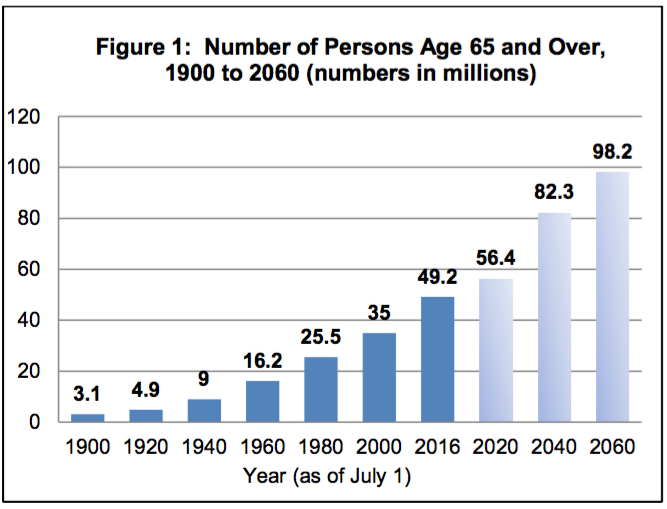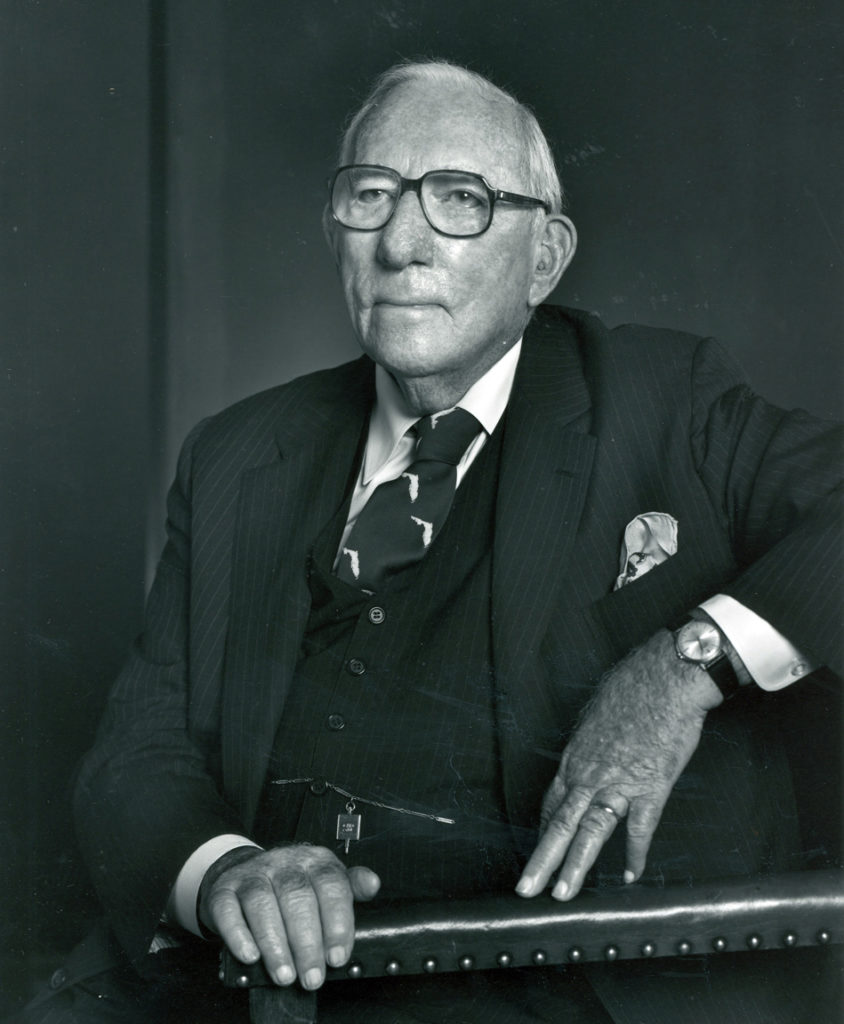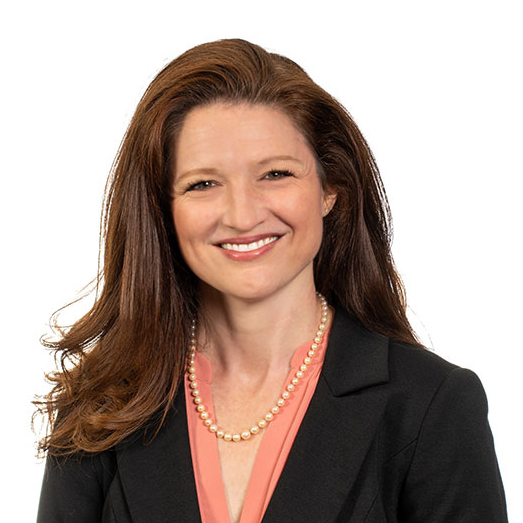
September is Healthy Aging Month, and with America’s population aging faster than ever, it is an appropriate time to commemorate the occasion and FSU’s place at the vanguard of healthy aging research.
In the 1920s, people over the age of 65 accounted for less than 5% of the U.S. population. Today, according to the U.S. Census, seniors are the fastest-growing age group, representing 17% of the U.S. population. In Florida, that percentage sits at 21.6% and is projected to hit 25% in 2030.
As the percentage of aging Americans grows, researchers at Florida State University are seizing opportunities the trend affords. Thanks to an emphasis on age-related research that began decades ago, FSU is now home to a sprawling, interdisciplinary research infrastructure spanning colleges and departments that facilitates and fuels faculty collaboration in the field.

That robust network of institutes, centers, partnerships and initiatives related to healthy aging has made FSU a national leader in the field. The work goes well beyond studying the physical aging process, said FSU Vice President for Research Stacey Patterson.
“Our faculty members are finding solutions to a variety of challenges individuals face as they age – physical health, emotional and social well-being, technology challenges, workplace issues and more. This work enhances the lives of not only Floridians but people across the globe.”
FSU’s roots in the field date back to 1959 when the university’s Director of Libraries, Orwin Bush, wrote to U.S. Sen. Claude Pepper asking if he would make the library home to his official papers and records. In time, Pepper — whom Time Magazine later dubbed “the spokesman for the elderly” — would facilitate multiple projects at FSU aimed toward the health of the elderly.
Today, the Pepper Institute on Aging and Public Policy and the Claude Pepper Center share their namesake’s mission with researchers from across campus. The College of Medicine, the College of Social Sciences and Public Policy, the College of Social Work, the College of Arts and Sciences, the College of Communication and Information and the College of Nursing support age-related research while initiatives like the Osher Lifelong Learning Institute provide services for older adults in the community.
That network of interdisciplinary collaboration is proving to be a vital pipeline for innovative research and one that has pushed FSU to the forefront in the field.

Miles Taylor, professor and director of the Pepper Institute, which is housed in the College of Social Sciences and Public Policy, said healthy aging is a field that demands an interdisciplinary approach.
“We know that health doesn’t just mean physical well-being; it’s also emotional, social, psychological and financial,” she said. “I am seeing people in geography, environmental health, urban planning, economics and social work really engaging in this work in ways that are really interesting and impactful.”
Along with Pepper Institute researcher Assistant Professor Katy Cao, Taylor is part of a team working with a developer in Amelia Island, Florida, to examine community design with the needs of older adults at its center. In considering factors such as socialization, walkability and proximity to health care, the development is drawing upon the expertise of multiple disciplines. Taylor pointed to it as one of many examples of work that requires a broad base of knowledge to achieve the aim of a thriving older population.
Dawn Carr is the director of the Claude Pepper Center and a gerontologist whose work focuses on health and aging. Carr said FSU owes much of its renowned reputation for age-related research to a campuswide commitment to producing research with tangible results.
To that end, Carr is working on a project studying the associations between work environments and physical and cognitive health in addition to other aspects of wellbeing.
“We are examining the problems themselves, but we are also looking at interventions to reduce those problems to directly improve quality of life,” she said. “Research for research’s sake is not enough. Writing research, getting peer-reviewed and getting published is important, but we have to take the next step.”
“Research for research’s sake is not enough. Writing research, getting peer-reviewed and getting published is important, but we have to take the next step.”
— Dawn Carr, director of the Claude Pepper Center
That next step requires findings to be translated into actionable policies and practices.
“That means not just identifying things like risk factors but steps to reduce them,” Carr said. “Our job and our responsibility lies in serving society, making it better, making it healthier.”
That is a sentiment shared by Tim Chapin, dean of FSU’s College of Social Sciences and Public Policy. Chapin said FSU is uniquely positioned to deliver on this imperative because of Florida’s status as a mecca for older adults but also its location in Tallahassee.

“Our location in the state capital of the third-most populated state and one of the most dynamic economic systems on the globe perfectly positions us to inform and shape public policy,” he said. “We work closely with government, private firms, nonprofits and community groups to create policies that can advance the health and happiness of older adults throughout the state.”
David Springer, dean of the College of Social Work, said what has emerged at FSU is a cycle in which innovative research is attracting more talented researchers in the field, which attracts more talented students, which fuels more innovative research, all of which helps attract funding to fuel the process.
“When you have leading scholars securing funding for this research and working in partnership with the communities of which FSU is a part, that’s when cutting-edge research happens,” he said. “FSU is world-renowned for its research on aging and gerontology, and with the health initiatives we continue to see funded at FSU, we are uniquely positioned to become even more of a leader.”
Springer noted that the continued emphasis on results-driven research will remain the bedrock of this work.
“That is the common thread of the work happening here — it has real-world implications for vulnerable populations,” he said. “That is our mission: to produce research that advances knowledge and serves communities and individuals. We are here to do both.”



